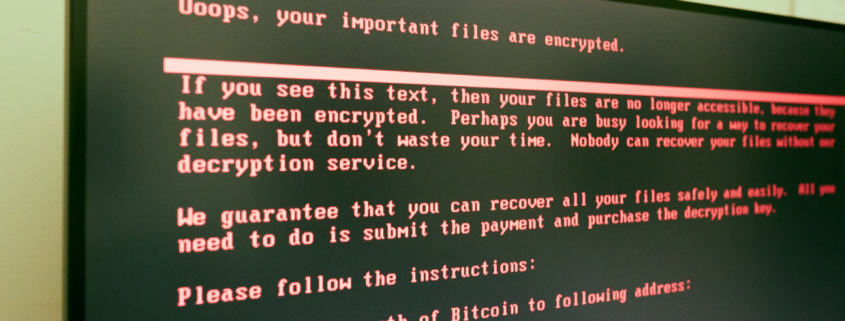Hacking revelations put Mexico military on defensive
Mexican President Andres Manuel Lopez Obrador attends an independence day military parade – Copyright AFP Richard Pierrin
Samir Tounsi with Paulina Abramovich in Santiago and Juan Sebastian Serrano in Bogota
Leaks from a shadowy group of hackers targeting secret files held by the armed forces of several Latin American nations have fueled controversy in Mexico about the military’s growing power.
A trove of sensitive information was stolen from the Mexican defense ministry by the collective called Guacamaya, which has also claimed cyberattacks in Chile, Colombia and Peru.
“Their objectives are more political than economic,” said Diego Macor, a cyber-security expert at US technology giant IBM in Chile, who describes members of the network as “hacker-activists.”
The leaks revealed that the Mexican army continued to use Pegasus spyware developed by Israeli firm NSO Group after President Andres Manuel Lopez Obrador took office in 2018, according to an investigation by the Network in Defense of Digital Rights and its partners.
The targets included journalists and a human rights activist, according to the probe, which was assisted by the University of Toronto’s Citizen Lab.
The army insisted that it had only used spyware to fight organized crime.
The hack also left Mexico’s military facing allegations that some of its members have links to drug cartels, and that it engineered a contentious security reform giving it control of the National Guard, which was previously under civilian command.
Two soldiers sold grenades, other weapons and tactical equipment to drug cartel members, according to analysis of the files by the civil society group Mexicans Against Corruption and Impunity.
The Mexican and Peruvian militaries also allegedly monitored civil society organizations such as Amnesty International, which condemned their actions as “unacceptable.”
“The undue monitoring of civil society organizations identified in the Guacamaya collective leaks is an example of the hostile context in which we work as organizations defending human rights in the Americas,” said Amnesty regional director Erika Guevara-Rosas.
“Instead of monitoring the activities of civil society…



